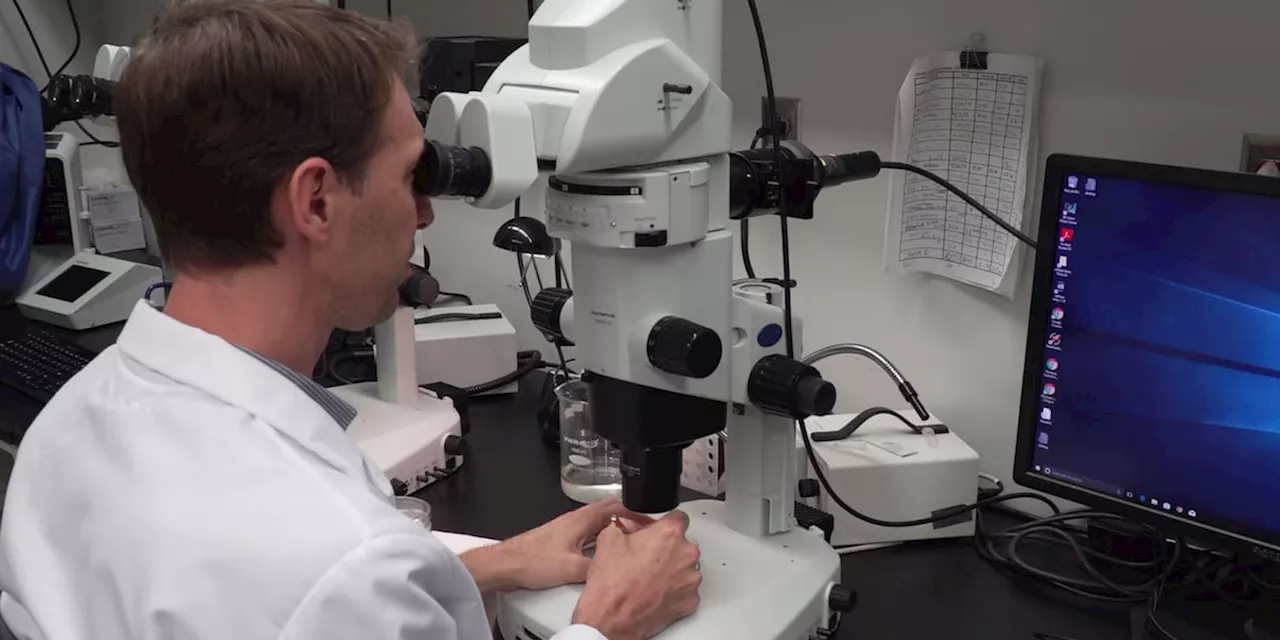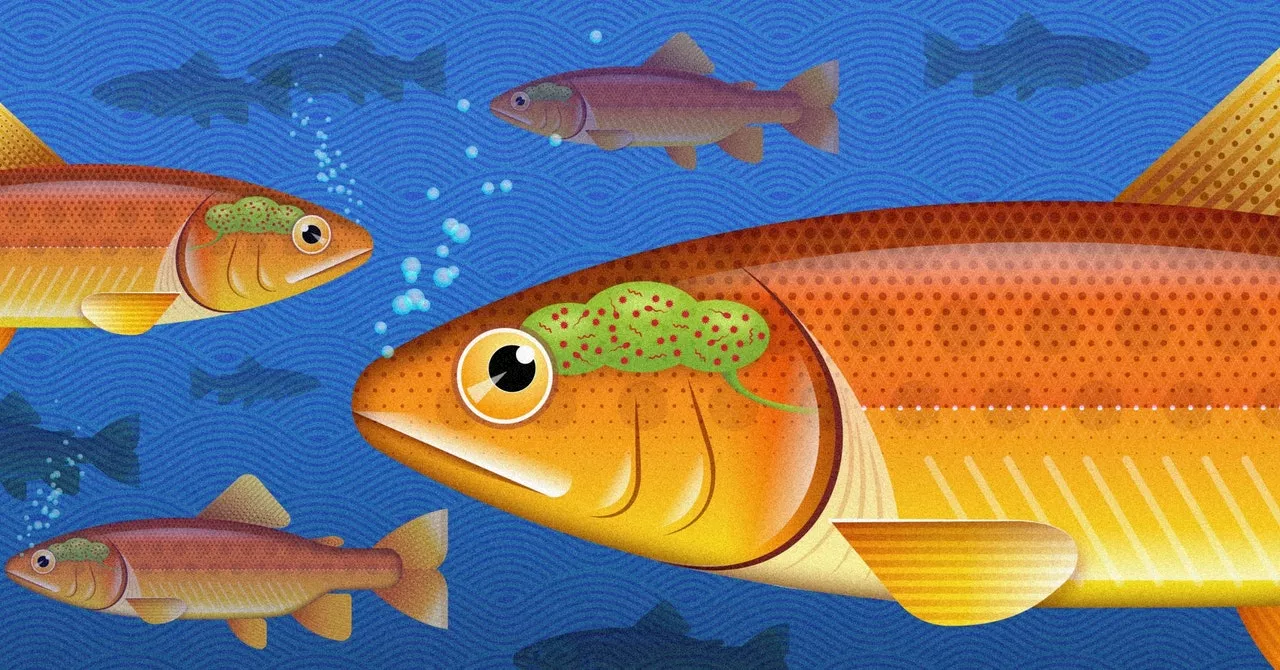A new study reveals a novel cell type in the human brain that plays a role in regulating appetite and satiety. These hybrid cells, part neuron and part glia, fire electrical impulses that contribute to our feeling of fullness.
When you feel hungry, your brain takes the necessary steps to lead you towards consuming a meal. Many of these intricate steps remain largely unknown, but a groundbreaking new study has shed light on the brain circuits and chemical messengers involved in this complex process. Researchers have discovered a novel cell type in the human brain that generates electrical impulses.
These unique cells exhibit characteristics of both neurons and glia, and they are found in gliomas, a type of brain tumor. Scientists have long sought to understand the mechanisms behind our drive to eat. This intricate motivation is driven by a complex network of cells within the brain that respond to signals originating from various parts of the body. When we experience a drop in blood sugar levels, for instance, our brain receives these signals and triggers a cascade of events leading to feelings of hunger. Further research is needed to fully elucidate the role of these newly identified cells in regulating appetite and satiety. However, this discovery provides valuable insights into the intricate workings of the brain and its role in our dietary choices. It opens up exciting possibilities for developing targeted therapies to address eating disorders and obesity. Meanwhile, the study also highlights the importance of maintaining a healthy lifestyle, including a balanced diet and regular exercise, to support optimal brain function and overall well-being
Brain Cells Appetite Satiety Glia Neurons Eating Disorders Obesity
United States Latest News, United States Headlines
Similar News:You can also read news stories similar to this one that we have collected from other news sources.
 Scientists gave ketamine to baby fishes. Here’s what happenedAstrocytes — brain cells that communicate with neurons — became more active during the testing.
Scientists gave ketamine to baby fishes. Here’s what happenedAstrocytes — brain cells that communicate with neurons — became more active during the testing.
Read more »
 Microplastics and Nanoplastics Found in High Concentrations in Human Brain TissueA new study published in February 2023 reveals the alarming presence of microplastics and nanoplastics in human brain tissue, raising concerns about the potential health implications of these tiny plastic particles. Researchers found significantly higher concentrations of MNPs in brain tissue compared to other organs, challenging the notion that the blood-brain barrier effectively protects the brain from these pollutants. The study also highlights the unexpected shapes and types of plastic found in the brain, suggesting that the long-term effects of microplastic exposure remain largely unknown.
Microplastics and Nanoplastics Found in High Concentrations in Human Brain TissueA new study published in February 2023 reveals the alarming presence of microplastics and nanoplastics in human brain tissue, raising concerns about the potential health implications of these tiny plastic particles. Researchers found significantly higher concentrations of MNPs in brain tissue compared to other organs, challenging the notion that the blood-brain barrier effectively protects the brain from these pollutants. The study also highlights the unexpected shapes and types of plastic found in the brain, suggesting that the long-term effects of microplastic exposure remain largely unknown.
Read more »
 Bacteria Found Thriving in Fish Brains, Raising Questions About Human MicrobiomeRecent research has provided compelling evidence that bacteria can exist in the brains of healthy vertebrates, specifically fish. This challenges the long-held belief that the brain is protected from outside microbial invasion by the blood-brain barrier. The study, published in Science Advances, found diverse communities of bacteria in the brains of salmon and trout, with some species showing adaptations to survive in brain tissue and cross the blood-brain barrier. While fish physiology differs from humans, this discovery raises intriguing possibilities about the existence of a human brain microbiome and its potential impact on neurobiology.
Bacteria Found Thriving in Fish Brains, Raising Questions About Human MicrobiomeRecent research has provided compelling evidence that bacteria can exist in the brains of healthy vertebrates, specifically fish. This challenges the long-held belief that the brain is protected from outside microbial invasion by the blood-brain barrier. The study, published in Science Advances, found diverse communities of bacteria in the brains of salmon and trout, with some species showing adaptations to survive in brain tissue and cross the blood-brain barrier. While fish physiology differs from humans, this discovery raises intriguing possibilities about the existence of a human brain microbiome and its potential impact on neurobiology.
Read more »
 Exercise May Improve Brain Function by Boosting Insulin SensitivityA new study suggests that exercise can directly improve brain function by activating specialized cells involved in insulin response in the brain. Researchers found that physical activity increases the number of neuronal extracellular vesicles carrying proteins involved in insulin sensitivity, particularly Akt. This improvement in brain insulin sensitivity may help offset or even prevent dementia progression.
Exercise May Improve Brain Function by Boosting Insulin SensitivityA new study suggests that exercise can directly improve brain function by activating specialized cells involved in insulin response in the brain. Researchers found that physical activity increases the number of neuronal extracellular vesicles carrying proteins involved in insulin sensitivity, particularly Akt. This improvement in brain insulin sensitivity may help offset or even prevent dementia progression.
Read more »
 Breakthrough in Childhood Brain Cancer Research Could Heal Treatment-Resistant TumorsResearch has shown that a potential new targeted therapy for childhood brain cancer is effective in infiltrating and killing tumor cells in preclinical models tested in mice. The novel drug CT-179 was shown to target a specific subset of tumor cells responsible for recurrence and therapy resistance in pediatric brain cancer. The findings could lead to more effective, less toxic treatments, improving survival and quality of life for young patients.
Breakthrough in Childhood Brain Cancer Research Could Heal Treatment-Resistant TumorsResearch has shown that a potential new targeted therapy for childhood brain cancer is effective in infiltrating and killing tumor cells in preclinical models tested in mice. The novel drug CT-179 was shown to target a specific subset of tumor cells responsible for recurrence and therapy resistance in pediatric brain cancer. The findings could lead to more effective, less toxic treatments, improving survival and quality of life for young patients.
Read more »
 Herpes Virus May Play a Role in Tau Protein Formation, Study SuggestsA new study published in the journal simplex virus 1 -- the virus behind oral herpes -- appears to trigger the appearance of tau protein in the brain, researchers say. They found greater amounts of HSV-1 proteins among tau tangles, the clotted twists of tau protein which are known as one of the hallmarks of Alzheimer's disease. Doctors then created miniature cell models of human brains in Petri dishes, to study the effect of the virus on brain cells. The results indicated that an HSV-1 infection can affect levels of tau protein in the brain, with tau acting to protect nerve cells from dying as a result of the infection.
Herpes Virus May Play a Role in Tau Protein Formation, Study SuggestsA new study published in the journal simplex virus 1 -- the virus behind oral herpes -- appears to trigger the appearance of tau protein in the brain, researchers say. They found greater amounts of HSV-1 proteins among tau tangles, the clotted twists of tau protein which are known as one of the hallmarks of Alzheimer's disease. Doctors then created miniature cell models of human brains in Petri dishes, to study the effect of the virus on brain cells. The results indicated that an HSV-1 infection can affect levels of tau protein in the brain, with tau acting to protect nerve cells from dying as a result of the infection.
Read more »
